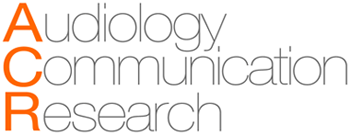ABSTRACT
Purpose
This article aims to describe the incorporation of teleaudiology in the routine of a highly regarded, government funded, cochlear implantation program and evaluate the satisfaction of users and their families with hybrid assistance.
Methods
Actions were developed that provided the connection between users and specialists, through the hybrid model of teleaudiology, combining remote practices (synchronous/asynchronous) with face-to-face care. To check patient satisfaction with teleaudiology, the Customer Satisfaction Questionnaire (CSQ) was applied.
Results
218 remote appointments and 23 other presential attendances were coordinated, between teleconsultations, guidance and counseling; parent coaching and hearing rehabilitation validation, therapy; troubleshooting, cochlear implant first activations and mappings, intra-operative measures, teleconsultations with specialists and delivery of repaired electronic devices. Of the participants, 36 patients responded to the questionnaire and reported being very satisfied with the services provided in general or in large part (88.9%) and with the amount of care they received (72.2%).This study suggested that, at some point during the pandemic, most patients had their needs met using teleaudiology long term care.
Conclusion
The hybrid approach to audiology care was feasible, accepted and achieved user satisfaction.
Keywords:
Cochlear implant; Patient-centered care; Telehealth; Audiology; Blended care

 Thumbnail
Thumbnail
